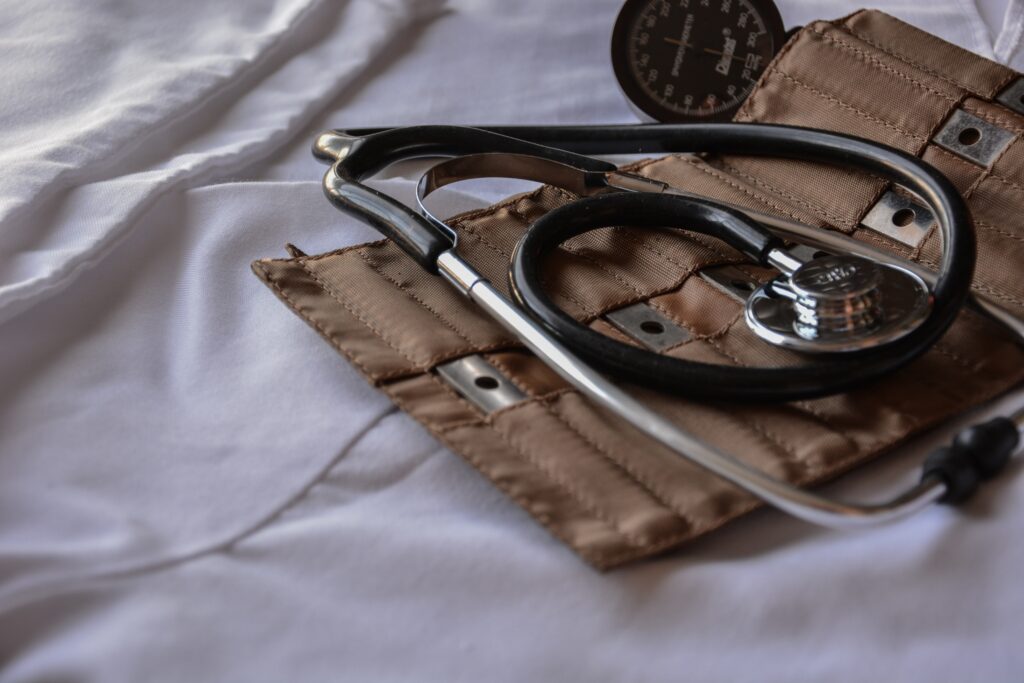The 411 on Medical Licenses

Medical licenses are needed to practice in most medical fields. Maintaining these licenses is also an important and regular task for medical professionals. Until there are ChatGPT medical licenses, medical professionals will have to maintain their licenses the old fashioned way.
Earning a medical license usually takes years of schooling and regulated practice under the supervision of professors and seasoned medical professionals. The significant undertaking of earning a medical license is not necessarily a one-and-done endeavor. Instead, medical professionals need to regularly renew their licenses by continuing their medical education.
State Medical Boards and Licensure
State medical boards supervise and regulate the practice of medicine, ensuring that healthcare professionals adhere to the highest patient care standards. They issue medical licenses, enforce rules and regulations for medical practice within their jurisdictions, and apply disciplinary actions in cases of medical misconduct. Each state has its medical board with unique requirements and procedures for obtaining and maintaining a medical license.
Medical License Renewal Process
Renewing medical licenses is a critical aspect of legally practicing medicine. Healthcare professionals must renew their licenses at regular intervals, usually every few years. Certain states might mandate that professionals complete a specific number of credits in particular subjects, such as ethics or opioid prescribing. Healthcare providers must remain informed about their jurisdiction’s renewal requirements and deadlines to avoid penalties or license loss.
The California Medical license renewal process has multiple requirements that will likely differ depending on the license. Some may include:
- Continued education
- Fees
- Surveys
These may be required during California medical license renewals because they help healthcare professionals stay updated on advances in their field and any changes to licensure regulations. Some states offer reciprocity agreements, allowing physicians licensed in one state to practice in another state without repeating the complete licensing process.
Medical Liability and Malpractice
Medical liability and medical malpractice liability pose significant risks to healthcare professionals, with potentially serious legal and financial repercussions. Malpractice arises when a healthcare provider causes harm to a patient due to negligence, omission, or deviation from accepted standards of care.
To protect themselves from liability, medical professionals must carry appropriate malpractice insurance/medical liability insurance. It’s also important for them to implement systems to reduce the probability of negative outcomes. Medical liability waiver forms are used to reduce liability to medical professionals.
Healthcare providers are expected to uphold the highest ethical and professional standards to prevent malpractice allegations and potential disciplinary actions that may ensue.

Navigating License Loss and Reinstatement
State medical boards can take disciplinary action when a physician is found guilty of malpractice or serious misconduct. Possible punishments include fines, probation, suspension, or revocation of the practitioner’s license. If a healthcare provider loses their license, they should seek legal advice to explore options for appealing the decision or pursuing reinstatement.
Additionally, healthcare providers should address the reasons that lead to their loss of license. This can be through additional training or education, to showcase their commitment to upholding the highest professional and ethical standards.
By addressing past errors and following procedures, healthcare professionals can work towards regaining their lost medical license and resuming their practice.
Speak to Medical License Attorneys
Fenton Jurkowitz Law Group can help you navigate a medical liability lawsuit, lost medical license, and other medical liability claims. If you are looking for medical liability lawyers in Los Angeles or need legal guidance on a medical license situation, fill out our online contact form.